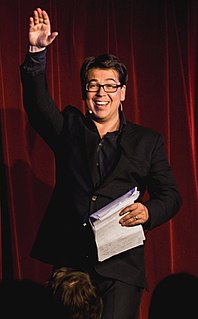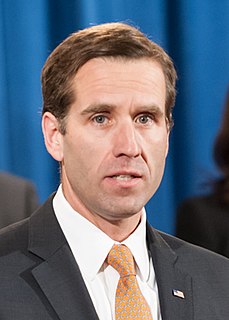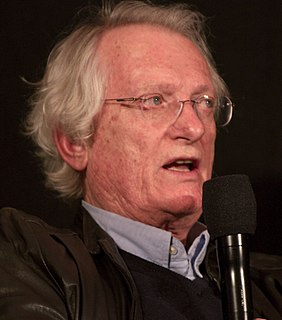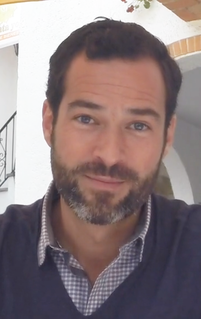A Quote by Sajid Javid
Our streets should be safe at all times. You shouldn't have to worry about things like knife or other crime.
Related Quotes
There's no question that in my lifetime, the contrast between what I called private affluence and public squalor has become very much greater. What do we worry about? We worry about our schools. We worry about our public recreational facilities. We worry about our law enforcement and our public housing. All of the things that bear upon our standard of living are in the public sector.
Because crime stories reveal an aspect of our personality that everybody has, but which we normally keep very deeply hidden. We like to talk about the good sides of ourselves. We don't like to talk about our hatreds, our distrusts of one another, our secrets, but crime stories drag those things to the surface and consequently they fascinate people and always have throughout all history.
There are a lot of things to like about [Borussia Dortmund's fans] and the city of Dortmund as a whole.I like their honesty. And I like that my family and I can feel safe here. I don' t have to worry at all about my safety and their and my own safety. Believe me, in other countries I have made different experiences in that regard. All of this, too, has led to my decision to extend my contract until 2020, and I can imagine staying even longer.
We do share with my mother what I would refer to as an anxiety gene. And I think it is genetic, that I worry about everything. Not every day, I don't want to say it like that, but I do worry a lot about - what was the line I heard the other day, when I was saying to a girlfriend of mine that I worry? She says, "Yes, I spent my whole life worrying - and some of the things actually came true."
Too many communities are living in fear as violent crime rises. So we need to reform our justice system to keep our streets safe and protect the law-abiding majority. That means putting an end to soft sentences and punishing offenders by keeping them behind bars so that the public can be protected and the offenders can be rehabilitated.
Worry is different from fear. If fear is like a raging fever, worry is a low-grade temperature. It nags at us, simmers in our souls, hovers in the back of our minds like a faint memory. We may fear certain realities, like death; we worry about vague possibilities. Worry distracts us more than paralyzes us. It is like a leaky faucet we never get around to fixing.

































